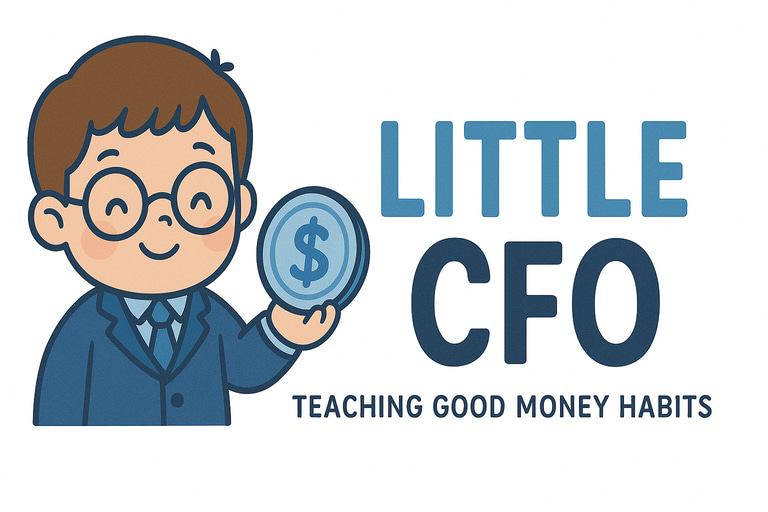Budgeting Basics
Have you ever noticed how some people always seem to be broke even though they have a good job?
Why is it that so many millionaire athletes go bankrupt as soon as they retire?
The truth is, there are a lot of ways to make money, but not everyone uses the money they make wisely. They spend too much on things they don't really need. Then, when times get tough or they want to achieve a big goal like buying a house or retiring early, they realize they don't have enough money left. If you want to make sure you're being smart with your money, you need at least one very important thing: a budget.
So what is a budget? A budget is a plan that will help you keep track of how much money you make, how much you spend, what you spend it on, and how much you save. We'll look at one month as an example. Let's say that when you combine your allowance and the money you earn from your part-time job, you make $2,000 per month.
That total is called your income. So what kind of budget should I use to make sure I'm being smart with my income? There's a well-known rule from professionals. It's called the 50/30/20 rule.
That means you can spend 50% of your income on your needs, 30% on your wants, and put 20% away in your savings.
So what exactly would my budget look like if I wanted to follow the 50/30/20 rule?
For most people, spending is easy and saving is hard. So the first thing to do is set aside the money you should be saving. According to the rule, that means 20% of your $2,000 income—or $400—will go straight into your savings every month.
Don't dip into your savings until you really, really need to.
Eventually, this is the money that will be there for you in an emergency or to put towards something expensive. Some people even start saving for their retirement so they can travel and have fun when they're done working.
Don't be afraid to think long-term. Okay, now that your savings is put away safe and sound, you can look at the rest of your budget. 50% of your $2,000 income, or $1,000 a month, is what you should keep handy for your needs—things that are absolutely necessary. When you're older, this will be things like house payments, groceries, and medical bills. Right now, your needs may be clothes, lunch money, sports equipment, or maybe a car one day.
Finally, you can spend 30% of your income—or $600 a month—on your wants. In other words, things that you enjoy but aren’t essential. This will be the money you spend on going out with friends or shopping. Your wants may be important to you, but they're not as important as your needs or savings. So if your budget is ever out of balance and you need to reduce your spending, this is the category you should look at first. Some of your wants may seem small, but they really add up.
For example, if you spend just $3 at the vending machine every day, it doesn't seem like much, but at the end of the year, that's about $1,000 you could have saved for something awesome instead. So, do you think you're ready to make your own budget?
Just follow a few simple steps: Figure out your income. That's how much money you make every month. If you make money in a couple different ways, be sure to add it all together so that you're working with your total monthly income.
Divide your income into percentages following the 50/30/20 rule so you can see exactly how much you should be spending on needs and wants, and how much you should put away into your savings. Prioritize your spending.
Think about things you already spend your money on and what category they fit into. Then decide what you need to do to get your spending and saving habits to match your new budget. Set some goals. It's always easier to save up money when you have a goal in mind.
Maybe it's a trip you want to go on, something nice you want to buy, or maybe you just want peace of mind in case of an emergency. Figure out how much money you'll need for it and how long it will take to save that up.
Knowing what your financial goals are is great motivation to stick to your budget. Alright, now that you've got your budget and a plan to achieve your goals, you can enjoy the confidence that comes from being more prepared for those surprise expenses that life might throw at you. Just remember: a budget is not an end in itself—it's a tool, a way to help you use every dollar wisely. It isn't about hoarding all the money you can get, but saving it so you can be ready for the unexpected and enjoy life.
-The Little CFO-

